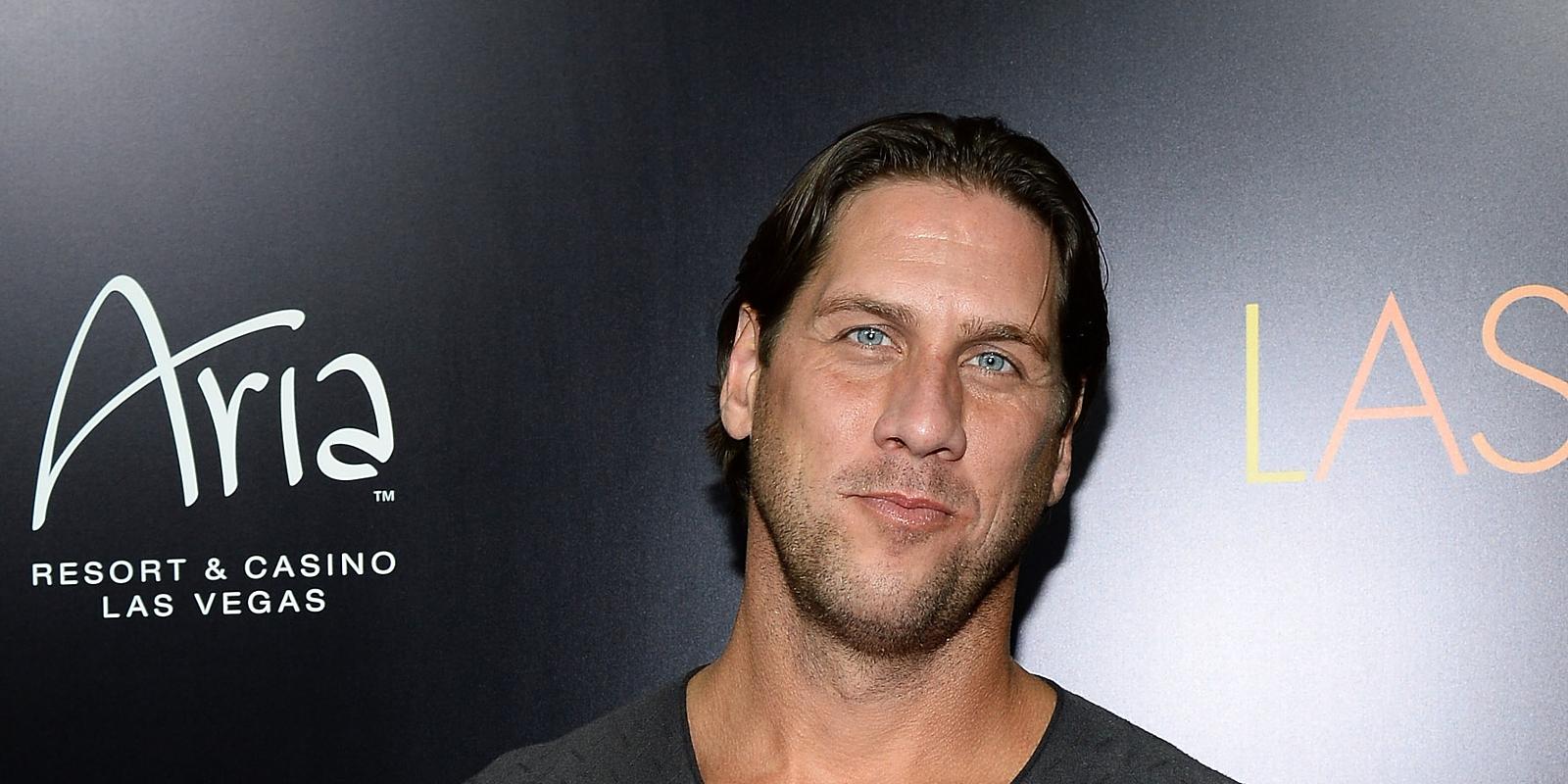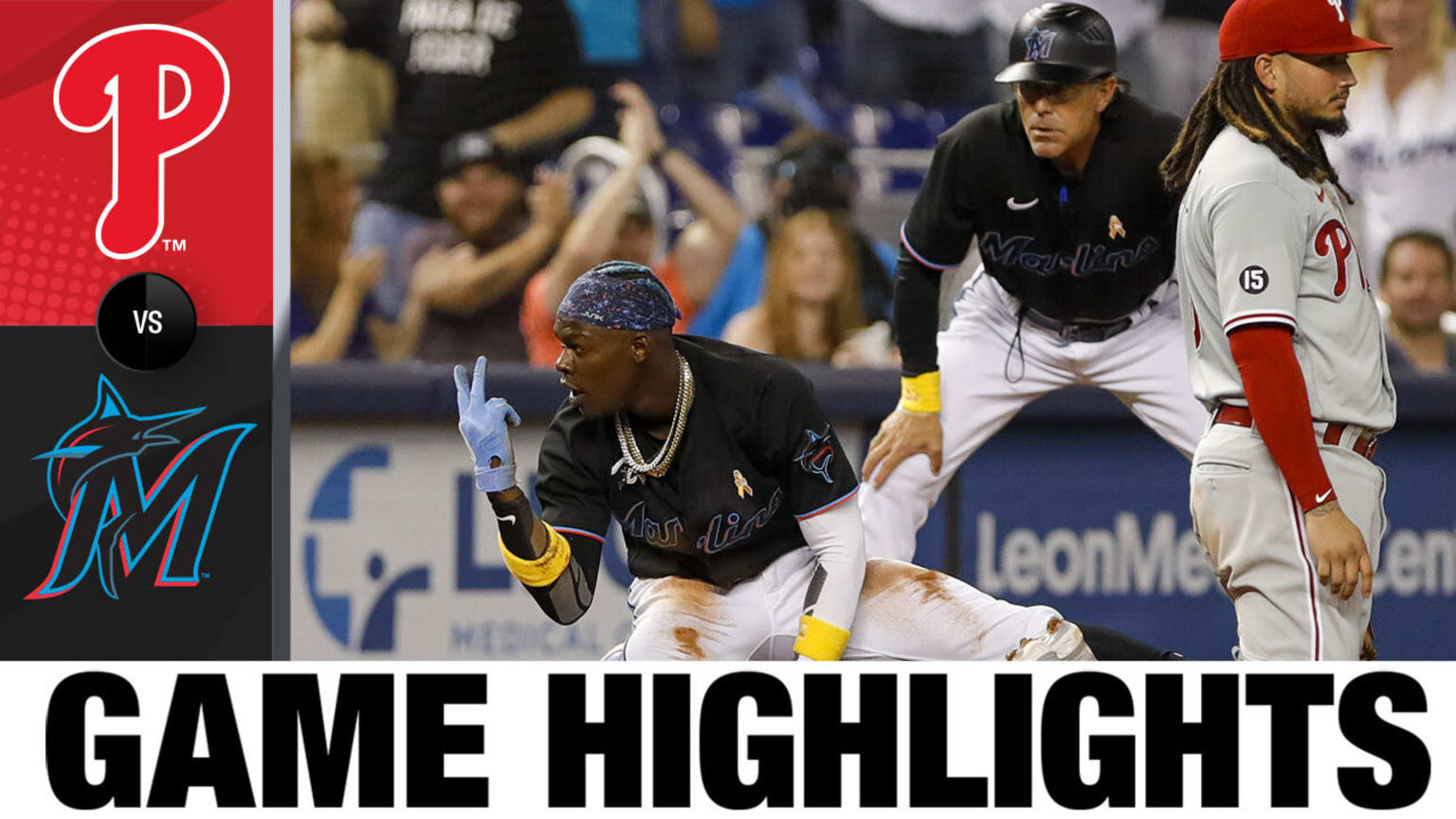The Controversial Legacy of John Rocker
John Rocker, a former Major League Baseball pitcher, is perhaps best known for his exceptional talent on the mound and his controversial remarks off of it. His legacy is a complicated tapestry woven from athletic prowess, incendiary comments, and the broader implications of his actions in the realms of sports and society. This article aims to explore Rocker’s career, the controversies surrounding him, and the impact of his legacy on baseball and beyond.
Early Life and Career in Baseball

Born on October 17, 1974, in Statesboro, Georgia, John Rocker showed promise as a baseball player from a young age. He attended the Georgia Institute of Technology, where he played college baseball before being drafted by the Atlanta Braves in 1996. Rocker’s powerful fastball and striking ability quickly made him a fan favorite.
His Major League debut came in 1998, and over the next few years, he established himself as a dominant relief pitcher. By 1999, Rocker was playing a crucial role in the Braves’ bullpen, earning a spot in the 1999 All-Star Game, where he showcased his talents on a national stage.
Rise to Fame
Rocker’s early career was marked by impressive statistics and a reputation as a fierce competitor. Some of his notable achievements include:
- 1999 All-Star selection
- Led the National League in saves in 1999
- Member of the Atlanta Braves team that reached the World Series in 1999
However, it was not just his performance on the field that garnered attention. Rocker’s persona, characterized by intensity and bravado, captured the imagination of fans and media alike. This would soon be overshadowed by his controversial statements.
The Infamous Sports Illustrated Interview
In December 1999, John Rocker gave an interview to Sports Illustrated that would forever alter the trajectory of his career. His comments about various groups, including immigrants and city dwellers, ignited a firestorm of criticism. Some of the most striking quotes included:
- Describing New York City as “frightening” and comparing it to “a bunch of foreigners” who “don’t speak English.”
- Making derogatory remarks about people who use public transportation.
- Expressing disdain for the “lack of a traditional American culture” in urban areas.
These statements not only drew backlash from fans, fellow players, and the media but also led to broader discussions about racism, xenophobia, and the responsibilities of public figures. The fallout was immediate and severe, resulting in:
- Suspension from Major League Baseball for 14 games.
- Sponsors and endorsements being revoked.
- Public protests organized against him, including boycotts of games.
Public Reaction and Backlash
The response to Rocker’s comments was swift and intense. Public figures, including fellow athletes and politicians, condemned his remarks. Organizations such as the Anti-Defamation League criticized him for promoting hate and intolerance. This backlash significantly affected his reputation and career.
Moreover, Rocker’s comments sparked a national dialogue about racism in sports, the responsibilities of athletes as role models, and the cultural dynamics within Major League Baseball. The discourse highlighted the ways in which sports intersect with social issues, raising questions about inclusivity and diversity in the game.
Impact on His Career

After the incident, Rocker’s performance on the field declined. While he had a few notable seasons, including a stint with the Texas Rangers in 2003, his career was marred by controversy. By 2004, Rocker was out of Major League Baseball, and his once-promising career was effectively over.
Later Years and Continued Controversy

Following his departure from baseball, Rocker remained a polarizing figure. He attempted to reinvent himself as a media personality, appearing on various talk shows and even making a foray into reality television. However, he often found himself at the center of new controversies:
- In 2007, he made headlines again for comments on a radio show that were perceived as homophobic.
- He was involved in various legal disputes, including a notable case regarding a controversial book he published.
- His participation in the reality show “The Celebrity Apprentice” further reignited discussions about his past remarks.
Despite these controversies, Rocker maintained a devoted following among certain segments of baseball fans, who viewed him as a misunderstood figure. His legacy, thus, became a complex interplay of talent, controversy, and public perception.
Rethinking His Legacy
As time has passed, John Rocker’s legacy has prompted a reevaluation within the realms of sports and society. Some argue that he serves as a cautionary tale about the responsibilities that come with fame:
- His comments remind us of the power words hold and the potential consequences they can unleash.
- Rocker’s story illustrates how public figures must navigate the complexities of social issues and the expectations placed upon them.
- His legacy raises questions about redemption and the possibility of change for individuals who have made mistakes.
On the other hand, some fans still admire his talent and passion for the game, viewing him as a victim of political correctness and media sensationalism. This dichotomy reflects broader societal divisions on issues of race, identity, and accountability.
The Broader Societal Implications

Rocker’s story is emblematic of larger societal issues, including:
- The role of athletes as public figures and their influence on cultural discourse.
- The ongoing challenges of racism and xenophobia in sports and society.
- The complexities of forgiveness, accountability, and the potential for personal growth.
As sports continue to serve as a microcosm of society, Rocker’s legacy offers a lens through which we can examine our values, beliefs, and the ways we engage with controversial figures.
Conclusion: A Legacy of Complexity
John Rocker’s legacy is a multifaceted one, marked by both extraordinary talent and significant controversy. His rise and fall illustrate the delicate balance between public performance and personal responsibility. While some view him as a cautionary tale, others see him as a misunderstood athlete caught in the storm of societal expectations.
Ultimately, Rocker’s story serves as a reminder of the power of words, the impact of public perception, and the ongoing struggle for inclusivity in sports. As we reflect on his legacy, we are encouraged to consider the broader implications of his actions and to engage in meaningful conversations about identity, culture, and the role of sports in shaping our society.


